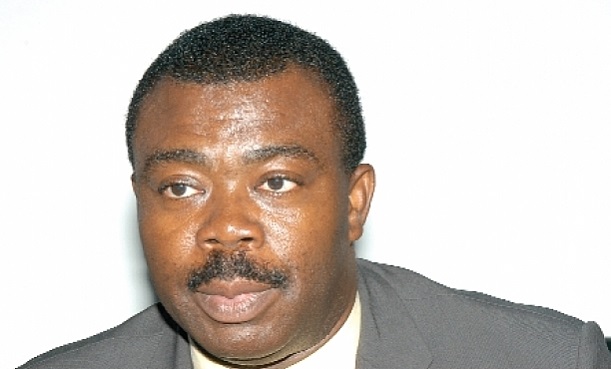
We need a more dynamic SEC
One of the most critical institutions in this country is that State Enterprises Commission (SEC) whose mandate, among others, is to facilitate performance management of state-owned-enterprises (SOEs) and other prescribed bodies within the framework of government policy to ensure that they operate efficiently, effectively and profitably, thereby contributing towards the socio-economic development of Ghana.
The SEC is to review the mission, objectives, programmes and plans of the prescribed bodies and monitor, as well as evaluate their performance in relation to agreed targets and undertake operational and managerial audit, where necessary, with a view to improving the performance of the prescribed bodies.
Additionally, it is to advise government on the criteria for the establishment of new state enterprises and where necessary advise the sector ministries on state enterprises rationalisation and rehabilitation programmes.
In spite of these objectives, the SEC faces some challenges; one of it being the absence of a board for the SEC, which had accounted for its diminishing performance ability over the years.
Quite apart from that, the SEC has sometimes not been proactive enough resolving some of the operational and financial challenges that have confronted the SOEs.
Instructively, the SEC which has to cure the malaise in some of the SOEs is also sick and requires urgent attention. There have been promises to the effect that the commission will undergo a restructuring exercise to become more responsive to the needs of SOEs and the nation at large.
It is within this context that we welcome the newly appointed Executive Chairman of the Commission, Mr Stephen Asamoah-Boateng, to lead the restructuring of the institution to walk the SOEs through their challenges.
Currently, there are 39 wholly-owned SOEs concentrated largely in critical sectors of the economy such as petroleum, power, water, housing, transport, agriculture, logistics, procurement, finance and infrastructure.
The total labour force employed in 28 of the 39 SOEs is about 32,000; generating total revenue of more than GH¢14.10 billion.
It stands to reason, therefore, that SOEs are critical to the management of the public finances and the public policy more broadly.
We also know that many of these SOEs underperform compared to their own targets, while others are incurring losses.
The effect is high economic and financial costs, resulting in inefficient service delivery, wasted resources, financial losses and accumulation of debts. SOEs account for half of all public sector arrears.
The performance or non-performance of SOEs affects the socio-economic growth of the country and that explains why we need a stronger and more vibrant commission to that performance targets are met.
